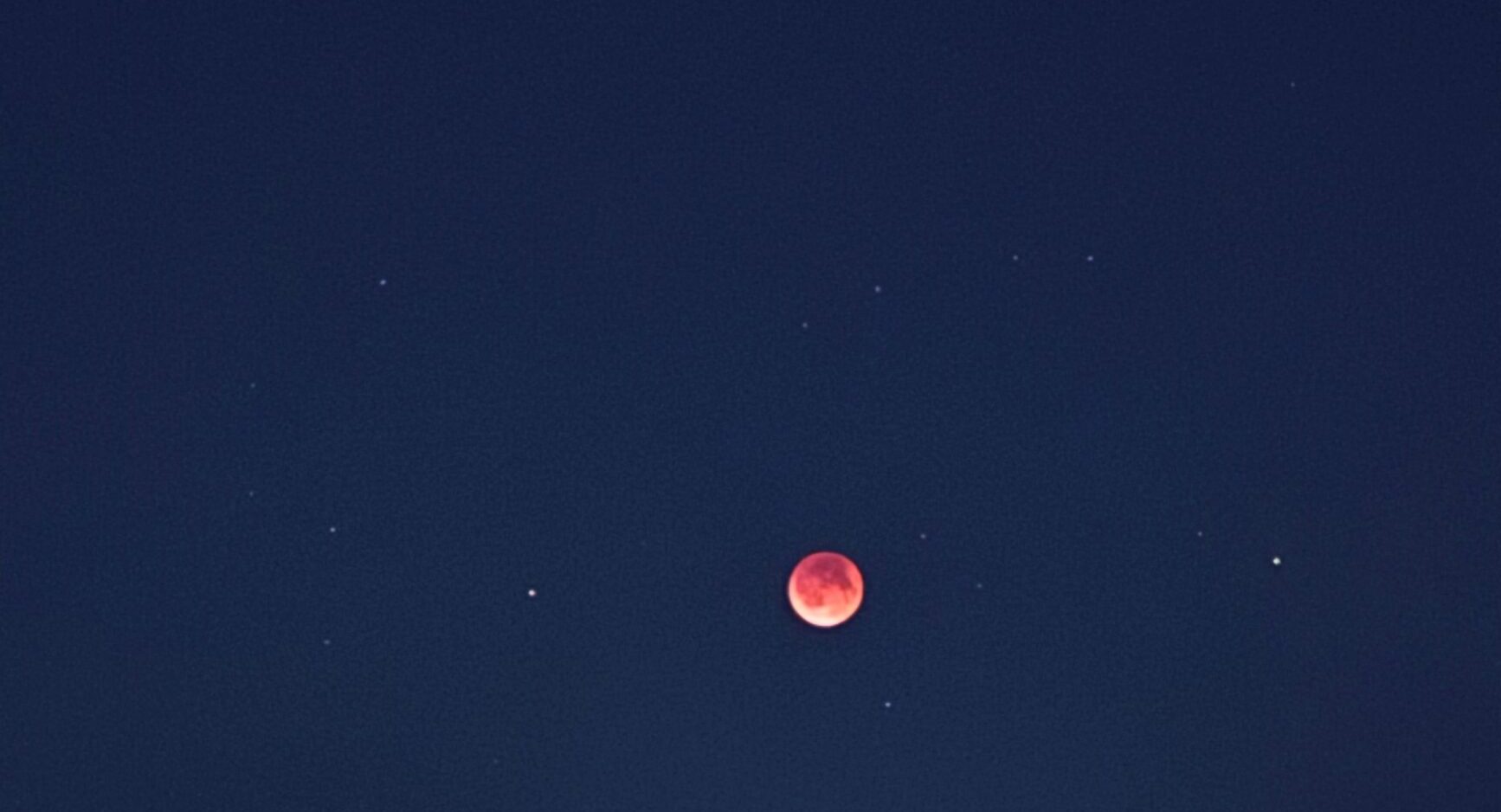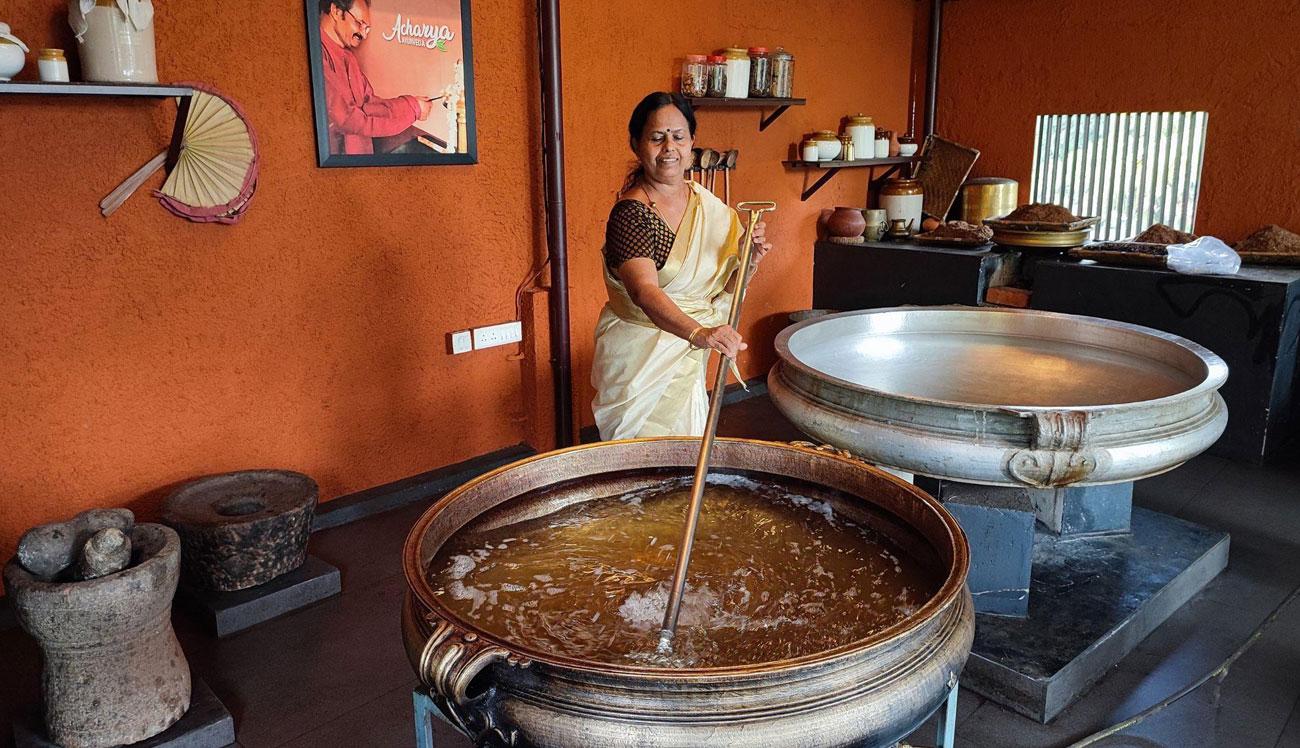India stepped out under clear skies on Sunday night to witness a total lunar eclipse, and the verdict from space scientists was unequivocal: it is perfectly safe to watch with the naked eye.
Dr. Suvendu Patnaik, space scientist, explained that the eclipse, visible across India, as well as in parts of Europe, the Middle East, and Australia, requires no special protection. “The current eclipse is a long-duration event which can be seen throughout India if the sky is cloudless,” he said, adding that the Moon would turn completely red as Earth’s shadow covered it.
O.P. Gupta, Senior Planetarium Engineer at Nehru Planetarium, reinforced the point: “People can watch it easily. It will not harm the eyes. You can even eat and drink during it.” The peak occurred close to midnight, with the Moon bathed in a coppery hue for nearly 48 minutes.
Lunar Eclipse: Busting Myths
The eclipse also challenged long-held superstitions. For generations, myths have suggested that one should not eat or step out during “chandra grahan.” Scientists took the opportunity to stress that food doesn’t spoil and human health is unaffected, another reminder of how science can correct cultural fears.
The Business of the Moon
While citizens gazed upward, businesses on the ground quietly turned the night into commerce. Hotels and resorts rolled out “blood moon viewings” with rooftop dinners. Restaurants designed special menus, pairing red-themed desserts with the lunar glow. Online retailers saw a surge in telescope and binocular sales in the days leading up to the event.
For media houses, the eclipse provided a rare mix of science and spectacle, driving traffic to live blogs and social streams. Broadcasters stitched together explainers and livestreams, pulling in sponsors eager to associate with an event that needed no paid promotion.
Tourism boards in states with clearer skies leaned in, pitching astro-tourism as the next niche for domestic travelers. With India set to witness its next total lunar eclipse on March 3, 2026, industry players already see a calendar of opportunities.
Also Read: Magnet Founder Delivers Orders Himself























